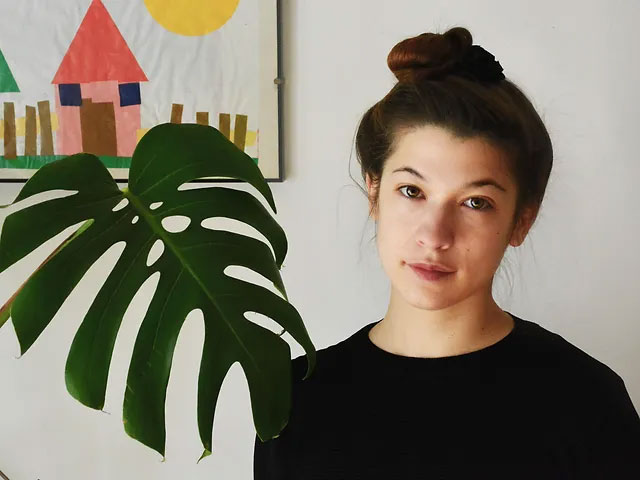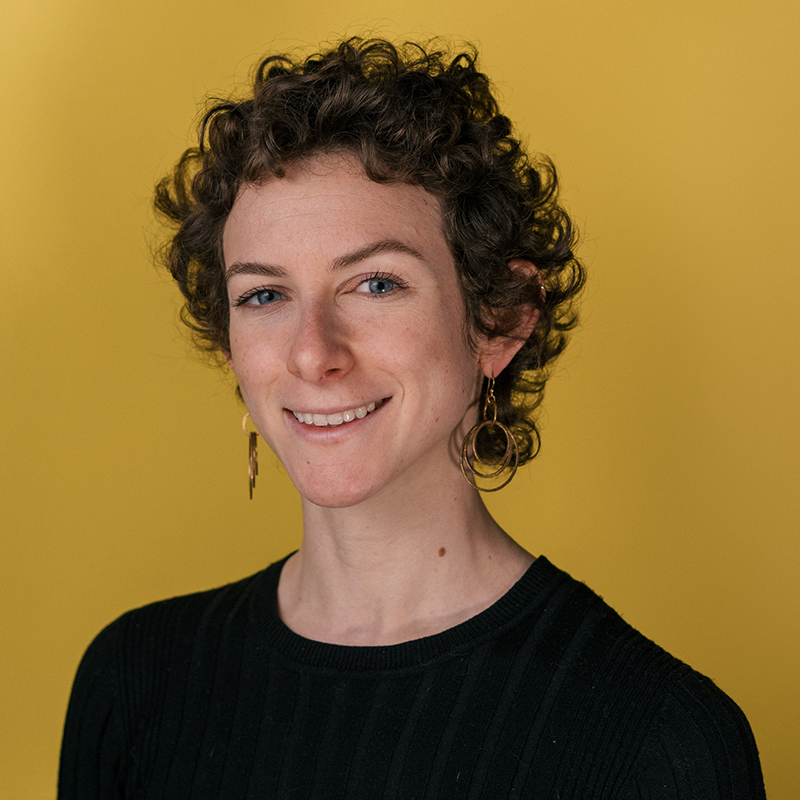Syllabus⇝
What is Distributed Design? Aside from making, what do we aim to distribute? What are the values behind the design approach and how can they be used for designers and creatives to reflect on their design projects? How can we also use the values to measure impact in the creative and design industries? How can the Distributed Design Platform help advance the field of Distributed Design and provide support for emerging creative talents in the creative and design industries?
These are the questions that we will address during the three-class seminar: Reflecting on Distributed Design.
We will talk about the field of distributed design and how our vision of it has evolved to distribute not just making but to distribute knowledge, value and power. We will talk about Distributed Design and the Distributed Design Platform (DDP) as a space to unite approaches and methodologies including (but definitely not limited to) Doughnut Economics, Decolonizing Design, Ancestral Wisdom and Transfeminism.
We’ll do an initial exploration of the Distributed Design Platform (DDP) and the values and opportunities it presents. We’ll also explore the importance of measuring impact in the design and creative fields and the tool we’ve developed (the DDP Reflection Tree) as part of DDP to help assess the environmental and social impact. The seminar will also provide students with the opportunity to apply the DDP Reflection Tree to their final projects and foster moments for group reflections. Lastly, we’ll explore the DDP values together and consider how they might be defined.
Additional Resources⇝
Watch⇝
Distributed Design Documentary
Driven by Distributed Design: Nat Hunter & Gareth Owen Lloyd from Other Today
Future(s) Design and making alternative presents: Mariana Quintero and Jana Tothill
Communication Creative & Cultural Practices: Sally Bourdon
Collaborative Practices with Open Design: Massimo Menichinelli
Circular making, the maker movement's role in the circular economy: Enrico Bassi from OpenDot
Blockchain tools for creators. Cryptofunding digital commons: Karim Esry from Espacio Open
Shifting mindsets for sustainable practices: Marion Real
Crafting the Future, Exploring Bio 3D Printing: Eduardo Chamorro and Petra Garajova
Nurturing collaborative practices by (re)mixing materials and maker techniques
Read⇝
Fuel for Design http://www.fuel4design.org/wp-content/uploads/2021/04/00-IO4_FUTURES-DESIGN-TOOLKIT_APR21.pdf
Design after capitsalism https://designaftercapitalism.org/
Design for the pluriverse: https://designaftercapitalism.org/designs-for-the-pluriverse
Cities of Making https://citiesofmaking.com/wp-content/uploads/2020/03/COM-BOOK_20200226.pdf
toolkit Homes of Commons: https://www.spacesandcities-toolkit.com/
Take action⇝
Open Source Machines: https://www.mekanika.io/ (open)
Archiyou: https://archiyou.com/ (open and collabroative)
Critical Coding Cookbook: https://criticalcode.recipes/ (regenerative)
Creative Communities: https://www.neol.co/ (collaborative)
Faculty⇝
Olga Trevisan is an Italian visual artist who graduated from I.U.A.V at the University in Venice and holds a Master’s Degree in Local Development from the University of Padua. Over the past ten years, she has been actively involved in European and international cross-disciplinary projects as an art and education facilitator and consultant, focusing on participatory practices and bottom-up strategies. One of her main focuses is to use arts and crafts to promote collaborative methodologies in local communities connecting them to global challenges. In 2022 she supported Centrinno EU project team and is now involved in Distributed Design and Dafne+ as EU Creative action researcher at IAAC | Fab Lab Barcelona.
Sally is a multi-disciplinary professional whose background includes biology; ecological economics; teaching, marketing, communications and events both in the USA and Spain. She uses her diverse background and a transecofeminist perspective to support the creation of a just present based on citizen-centred societies and economies that produce locally and connect globally, particularly around sustainable food systems and social & environmental justice. She is passionate about making information accessible to people of all backgrounds and equipping citizens with the tools to participate in creating the world around them. Currently, Sally is an action researcher at Fab Lab Barcelona. Most recently, she was project manager for the first phase of Food Tech 3.0, one of nine Accelerator Labs for the H2020 EU project FoodSHIFT 2030. The Accelerator Lab promotes a new generation of food technology that is open, equitable, sustainable and citizen-centred. Her past work includes researching food deserts, creating multi-actor local food dialogues, supporting school garden activities, and assessing the holistic sustainability of rooftop garden spaces.


